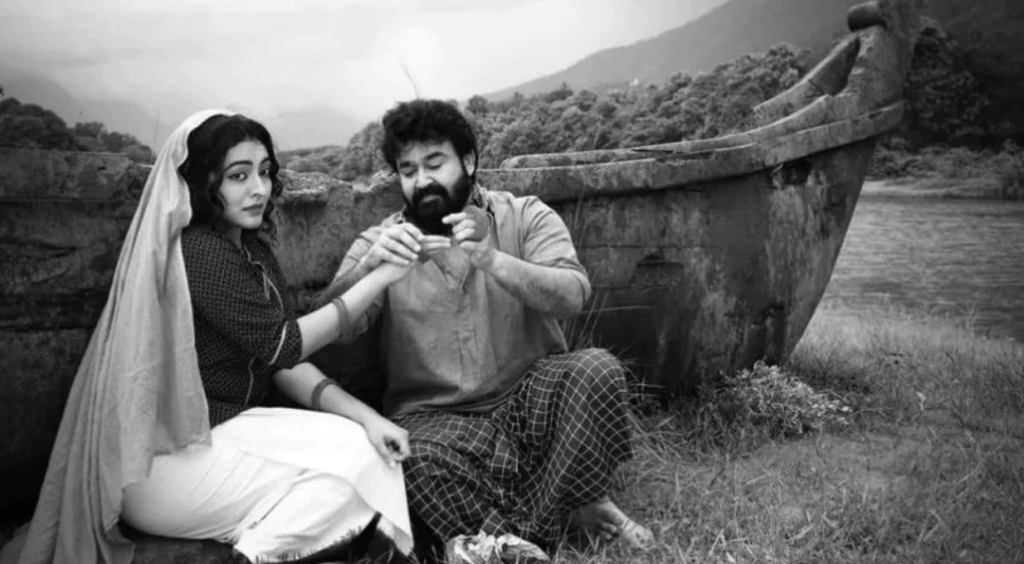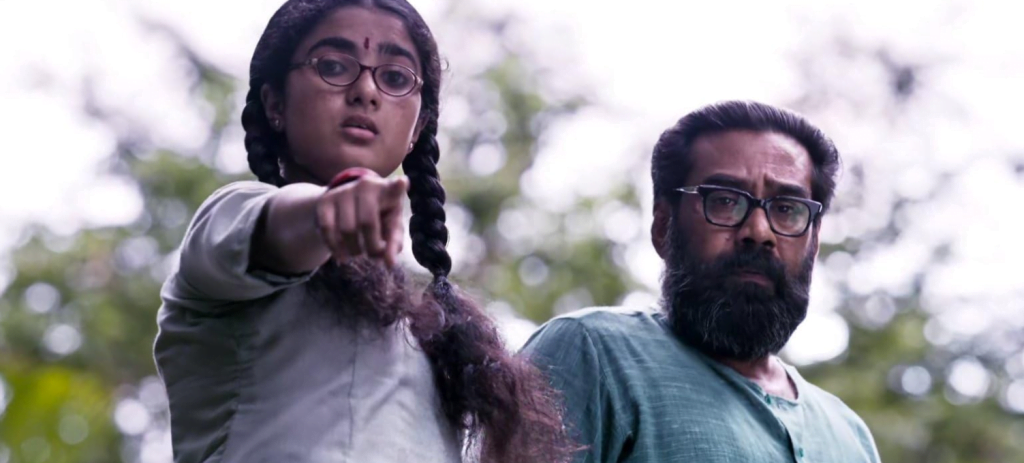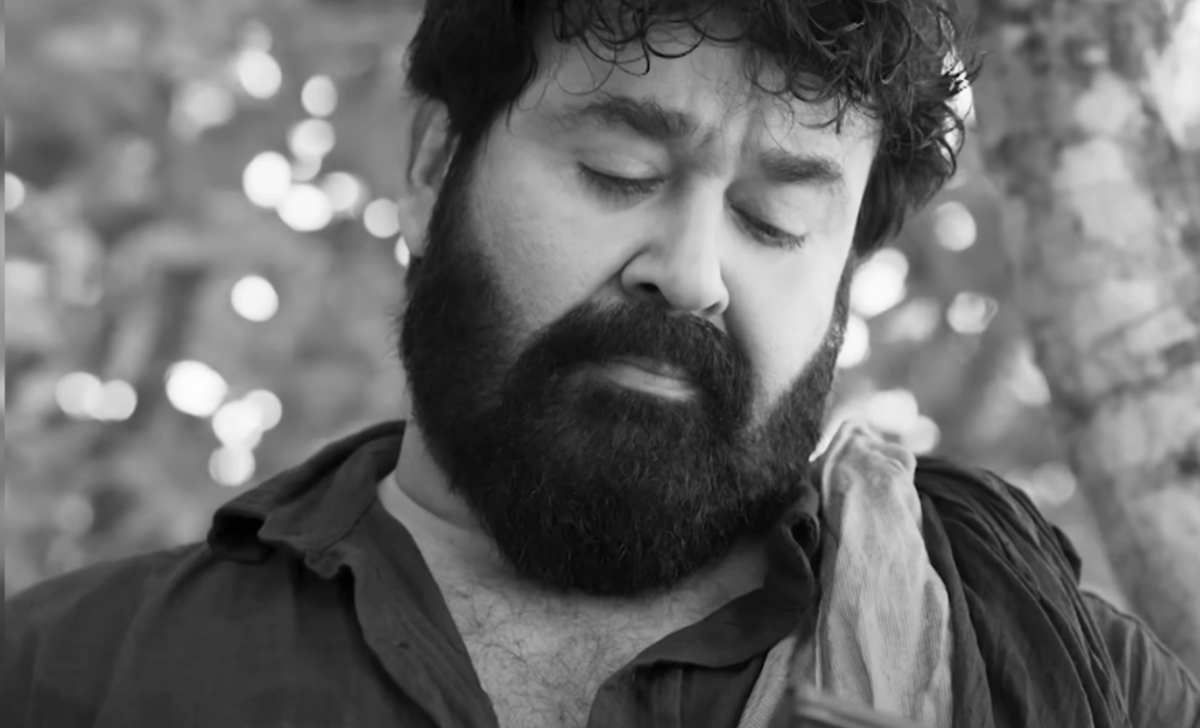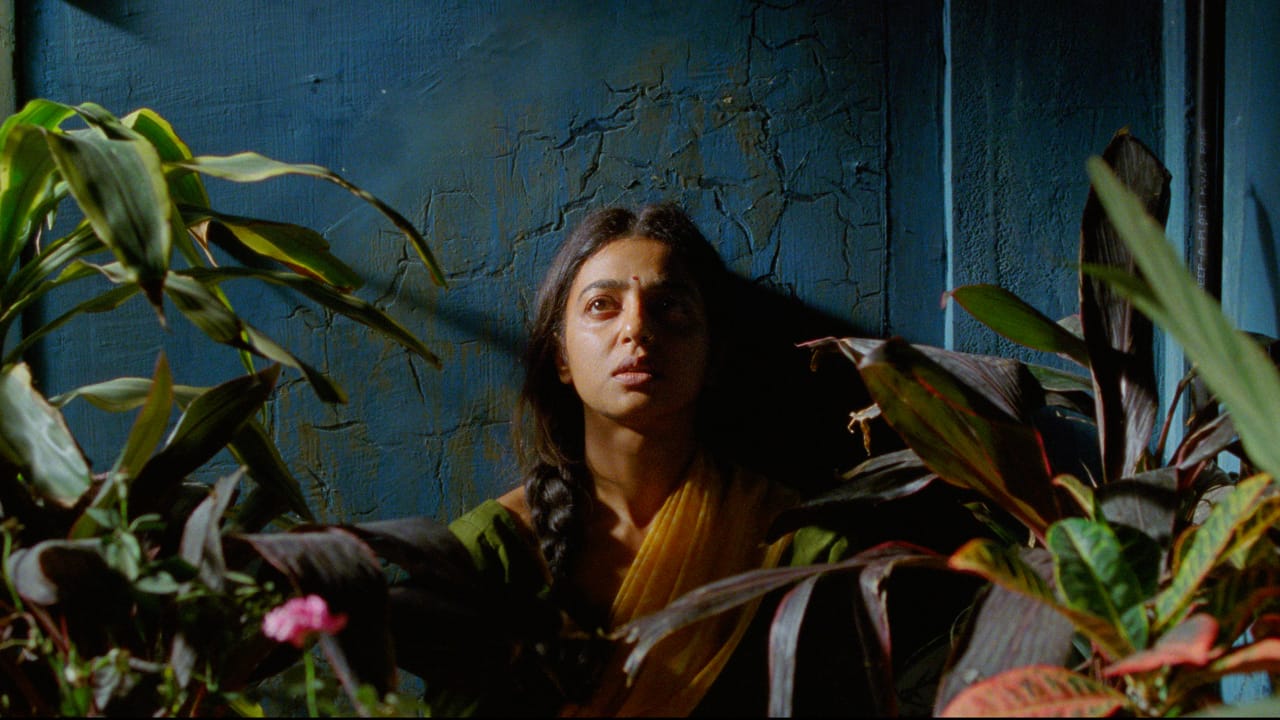M.T. Vasudevan Nair popularly known as M.T. is a well-known author, screenplay writer and filmmaker from Malayalam. His large literary oeuvre is a life-brimming collection of humanity drawn from different aspects of life, filled with sentimentality, values and emotions. This touch of humanness in his pennings earned him various prestigious and top-notch awards like Jnanpith, Kendra Sahitya Akademi, Kerala Sahitya Akademi, and Padma Bhushan among many others. Apart from his written works, the numerous screenplays of M.T. caught the attention of the film audience who still bear these characters to their dear self.
Many film actors and directors also grew from his writings, to cut short, most megastars and superstars of the South Indian film industry built their careers and got recognition from his works. Manorathangal (2024) is a nine-sequenced web series celebrating his literary career. The title means wishes or desires, and each anthology is his writing translated into audio-visual to adulate this 91-year-old veteran writer. Each of this anthology is introduced by Kamal Hasan in his voice paying respect to M.T. whose writing established Kamal’s career in acting with Kanyakumari (1974). Before the beginning of each anthology, Kamal narrates his experience of elements common to each theme and each sequence is the work of a different director and team.
The foremost anthology in Manorathangal is Olavum Theeravum, translated as ‘Ripples and River Bank,’ directed by Priyadarshan, starring Mohan Lal and Durga Krishna as Vappootty and Nabeesu respectively. It is made as a monochromatic visual narrating the tragic love of the couple, ending life due to the oppression by the affluent and misguided people of the rural village. This also witnessed the swan song of veteran actor Mamukkoya whose viral combination with Mohan Lal in earlier films is still the favorite of Malayali audiences. However, the first anthology Olavum Theeravum could not produce the much-expected impact due to casting errors.
Kadugannava is the second anthology in Manorathangal, directed by the famous director Ranjith. Starring the superstar Mammootty as a commoner, in the role of a middle-aged journalist P.K.Venugopal going in search of someone whom he believes to be from his bloodline. Venugopal who is very much settled in life returns to his ancestral home in his village to search for an old gift that he received as a child. He thinks of returning it to the owner placed miles apart from him in space and time in Kadugannava, Sri Lanka. Some of the most prominent themes in Kadugannava are discussed below;
Migrant life and family building in Manorathangal
Venugopal’s father served an important profession in Sri Lanka or former Ceylon, during the British occupation of the land. Being stranded there for quite a long time, he builds a second family with a Sinhalese woman and he has a daughter called Leela, only two years older than Venu. His affair and second family news are communicated back home but no one questions him. He is treated with reverence and love as always deemed, except by his wife at home. She silently moans about the loss of her married life and gathers the courage to ask him. He shuns her out, saying there is nothing. Young Venu overhears everything and becomes a friend of Leela who gives him her favourite toy as a gift.

The treatment meted out to his legal wife at home who is relegated to the task of raising a socially accepted family is worst. However, the privilege given to his second family in Ceylon is understandable from the lifestyle and education of Leela. Sudha from Kazhcha anthology is also undergoing the same menace of a loveless marriage effective in name only. The only contrast between them is that Sudha being an independent woman can cast away her marriage and decide not to have a child; enjoying the merits of later times as opposed to Venu’s mother. The latter is reduced to a channel born to work and bear children, without any voice or means to break free.
Manorathangal, kinship and middle-aged man
As far Venugopal is concerned, running into the later stage of middle age is a beginning time to reflect on his actions and improve the old strained and lost relations. Therefore, as soon as he plans to embark on his trip to Sri Lanka, he recollects his childhood friend Leela said to be a stepsister. He soon gets back to his ancestral home which is no longer occupied by their immediate family and searches for the long-lost gift by Leela. This depicts his anxiousness to get back to his sister. On the way to her home in Sri Lanka, he is flooded by their memories of playing and joking together.

On reaching the place, he is stuck with shock seeing the deplorable state Leela’s family is reduced to; that strong and confident girl who spoke English too well can never be there. Though he steps in, her son, a hungry and pathetic-looking Sinhalese does not allow him in. Though his search ends without attaining its purpose, he witnesses the evidence of his blood relation.
Ethos and emotions for lineage
Knowledge of the father’s second wife and daughter to any son is shameful and anxiety-evoking, yet in the later stages, Venugopal understands the nuances of humankind. This wisdom pledges him with compassion and empathy for his father’s lineage. From the very beginning, Venugopal is established as someone who is settled in life and enjoying the status and privileges due to being a famous journalist, even so, his ethos determines his new journey. His courtesy in buying sweets on the way to Leela’s home and his promise to look after the impoverished family of Leela exhibits nothing less than his emotion for the lineage. He cannot allow his kin to die of hunger when he bathes in glory.
The third anthology is Kazhcha, dealing with the unhappy marital life of Sudha, an independent passionate music lover who surpasses social barriers to live a life of her choice. It empowers female viewers to escape personal tragedies by embracing what they love the most. The other stories too delve into different shades of life like loneliness, meaningless life, etc. It is difficult to judge the anthology as a whole in one go, even so, one cannot judge all of them to be brilliant. But Kadugannva and Kazhcha acted by Parvathy Thiruvoth stand out from the rest in versatile acting style and direction.
Mammootty with his body language and acting style dominates the rest of the actors in his story in Manorathangal. He is the only one in the story as a prominent actor, yet he balances the weight of the entire narration on himself. Similarly, Parvathy undergoes a radical transformation into a woman in her late 90s, her gait and soft gestures signify greater meaning than verbally conveyed. The infusion of introduction at the beginning of every story in Manorathangal is also seen as an obstacle in the flow of narrative continuity. However, each anthology stands out with its varied theme and presentation style. They serve a brief in time but, in-depth analysis of the creativity and human touch of M.T. Therefore, the maestro of the author is visible and doubtlessly it is a curious introduction to his skill of narration.
About the author(s)
Vidhu (she/her) is an emerging writer with Masters in English language and literature, keen on learning the politics of the world around her. She has dreams to create a career in journalism and writing, where she unburdens her self. She has a great taste for movies from varies geographical spans and pens down poetry in magical charms. She is open to projects or research centring on humanities.






